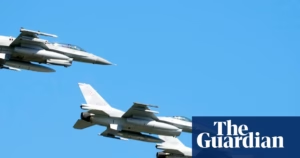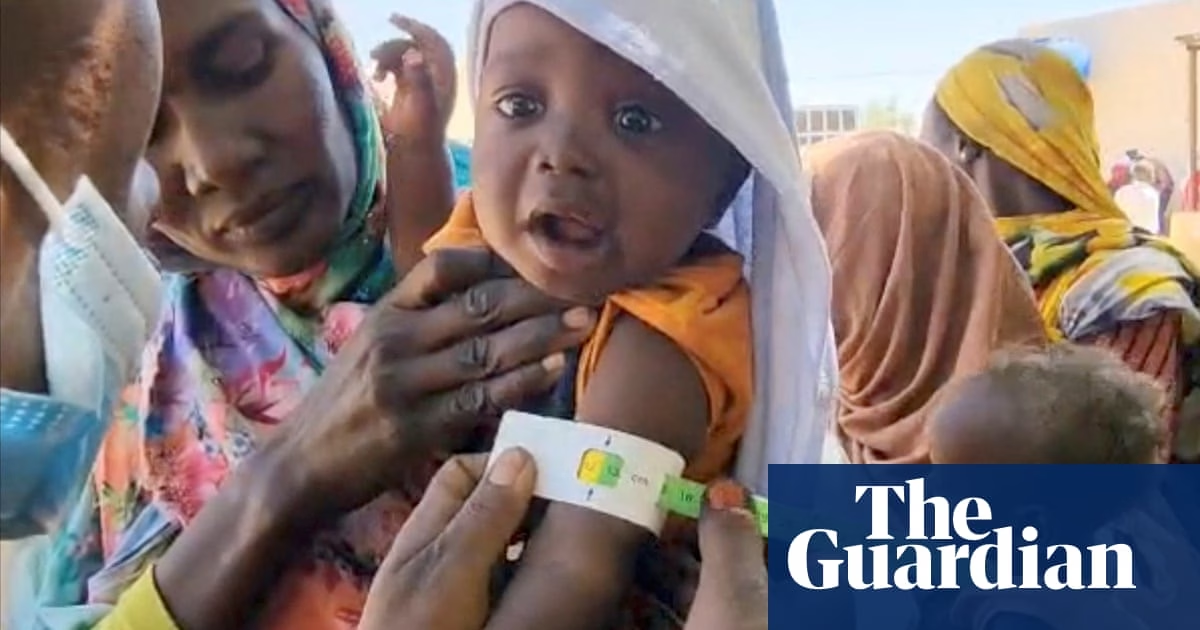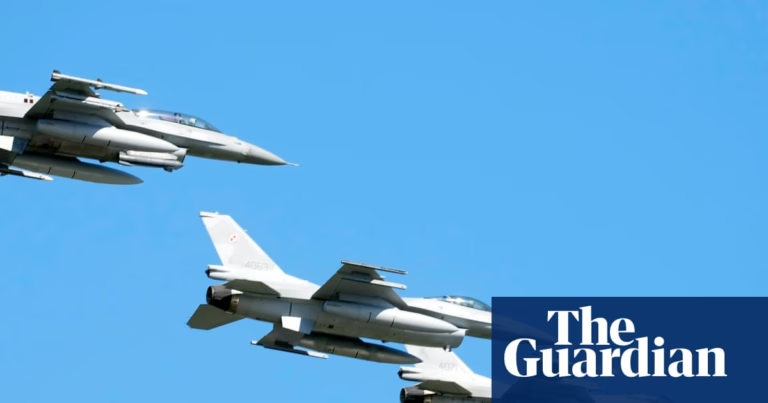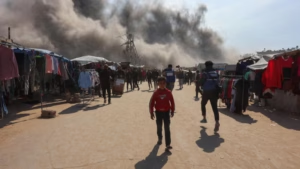Sudan is experiencing the most severe humanitarian crisis in the world, and its civilians continue to suffer due to the inaction of the international community, according to NGOs and the UN, as the country’s civil war enters its third year.
Two years after fighting erupted in Khartoum between the Sudanese army and the paramilitary Rapid Support Forces (RSF), hundreds of people are believed to have died in RSF attacks on refugee camps in the western Darfur region, in the latest apparent atrocity in a war marked by brutality and extensive humanitarian consequences.
The conflict has devastated Sudan’s population of 51 million. Tens of thousands are reported dead, hundreds of thousands face famine, and nearly 13 million people have been displaced, with 4 million seeking refuge in neighboring countries.
Elise Nalbandian, Oxfam’s regional advocacy manager, stated that Sudan is in a worse state than ever, with records being broken in humanitarian, displacement, and hunger crises.
The conflict has involved “massive-scale” violations of international humanitarian law, with all civilian populations caught between different forces and bearing the worst impacts, as reported by Daniel O’Malley from the International Committee of the Red Cross.
Diplomatic efforts to address the war, including a conference hosted by the UK, have been hindered by other crises like those in Ukraine and Gaza, with Sudan receiving relatively little international attention.
The origins of the war trace back to 2018 when protests against dictator Omar al-Bashir led to a coup in 2019, ensuing power struggles culminating in 2021 when the paramilitary RSF, led by Gen Mohamed Hamdan Dagalo, joined forces with the army to oust the civilian government.
Both the RSF and the army have been accused of war crimes, with the US formally declaring that the RSF has committed genocide this year.






